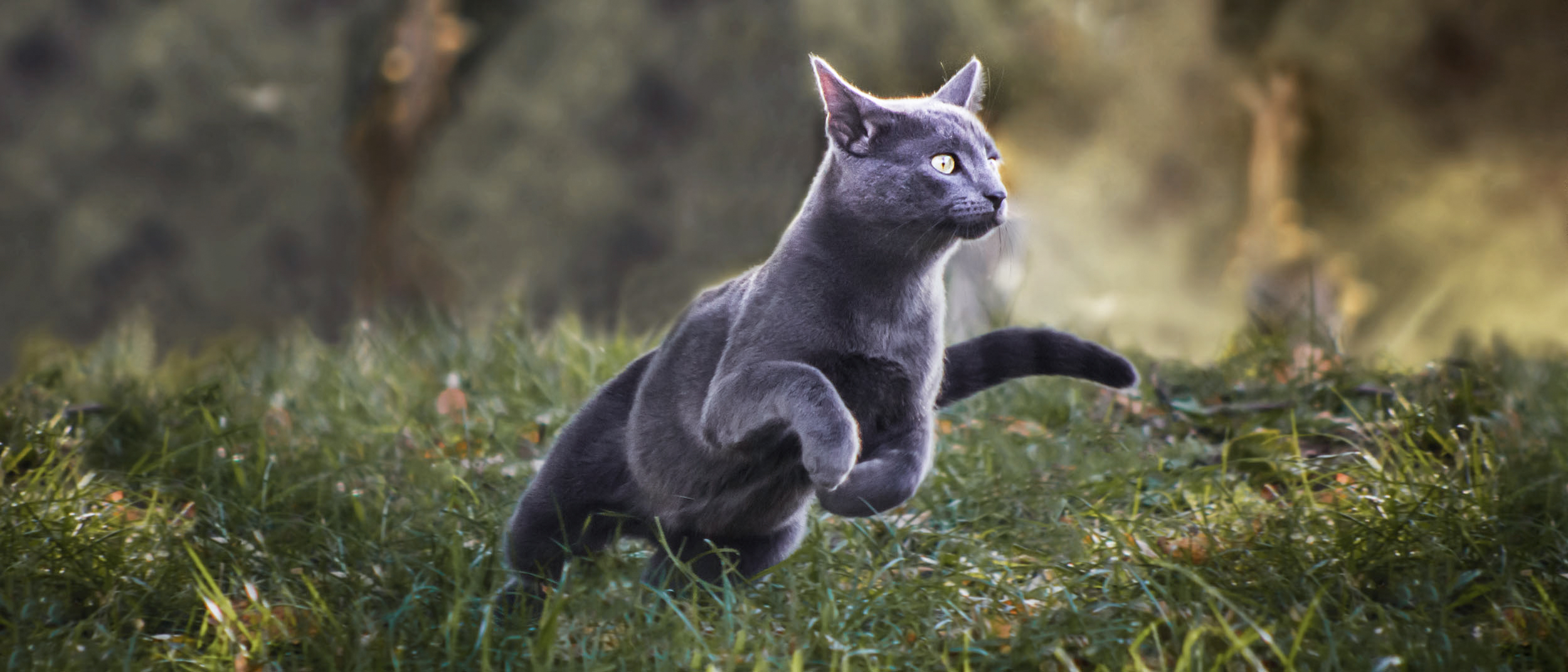How to help your cat lose weight
Article

Obesity is a critical problem in the cat population, for instance one in four cats in the UK categorised as obese. It can have a serious impact on their longevity and overall health, but with the right weight loss programme 80% to 90% of cats do achieve their target weight.
The right diet to help your cat lose weight
A weight loss diet for your cat focuses on three general principles: reducing the amount of calories they ingest, managing the feeling of hunger during the diet, and adapting the amount of essential nutrients to balance the whole formula. This helps ensure your cat is properly fed with a balanced diet, feels full and satiated, and significantly reduces the level of energy provided.
Just feeding your cat less of their regular food is not an effective way of facilitating weight loss. In some cases it can even be hazardous to the cat, since this will result in the cat missing out on essential nutrients.
A dedicated weight-loss diet should typically have a higher protein content than the cat's usual food, to help maintain muscle mass and compensate the restriction of portion sizes, a low amount of fat and a high mineral and vitamin content. This diet can also promote active nutrients to support healthy joint mobility, as well as skin and coat condition.
The recent, most advanced veterinary diets feature specific fibre blends and precise formulas to help maintain the feeling of satiation in the cat, and therefore reduce the chances of begging, for a more successful weight-loss programme.
Another way to support weight-loss in your cat is to provide plenty of fresh water in different places around the house. This will make sure they’re drinking enough to aid digestion.

Setting up the right feeding behaviour for your cat
To make sure your cat loses weight, it’s essential you follow the recommended quantities on their food packaging, or as per the recommendations given by your vet, and use kitchen scales to weight the exact amount. Depending on the specific formula, dry foods which are commonly given to cats may be very energy rich, meaning it may be easier to over-feed your pet. Due to this, using scales and keeping to the guidelines is the best way to successfully manage a successful weight-loss programme.
If your cat tends to eat without restraint and can’t regulate its food intake, divide their daily portion into small, frequent meals to manage their energy consumption. Similarly, avoid given them table scraps as it can radically increase their calorie intake, and if you want to use treats these should be factored in to your cat’s overall daily diet.
Your vet will be able to advise you on the ideal rate of weight loss for your cat, but it shouldn’t be too rapid. If this happens, your cat’s body can believe it is malnourished which can lead to serious liver problems.
Getting your cat to exercise and lose weight
Depending on your cat’s weight, it may be difficult for them to play to start with. However, by introducing play gradually into their daily routine, you’ll be helping them exercise and burn off excess calories.
You can encourage your cat to be active by setting up your home so there’s plenty for it to play with. Give your pet a climbing tree or multi-level area where they can jump and perch, as well as toys which it can play with while you are out – food toys, where your cat can access food through playing with an object, are fun and encourage their natural hunting instincts. Two play sessions of two minutes a day is a good start for an overweight cat; these can gradually increase as your cat becomes more mobile.
Maintaining a healthy weight
After your cat has lost weight, it’s crucial to support them in maintaining a healthy lifestyle and not ‘yo-yoing’ back to their old weight. You can manage this by weighing your cat at least every six months and taking action if it becomes more than 5% over its normal body weight, adapting your feeding method and your cat’s diet to suit its changing circumstances.
When weighing your cat, it's important to use the same scales throughout, to avoid discrepancies and errors that may lead to over or under feeding your cat through the weight-loss process.
With the right weight loss programme, your cat will be feeling much healthier and happier. Talk to your vet before starting to help your cat lose weight, as they will be able to advise you on your cat’s target weight and the best food to achieve this.
Find a vet
If you have any concerns about your cat’s health, consult a vet for professional advice.
Like & share this page